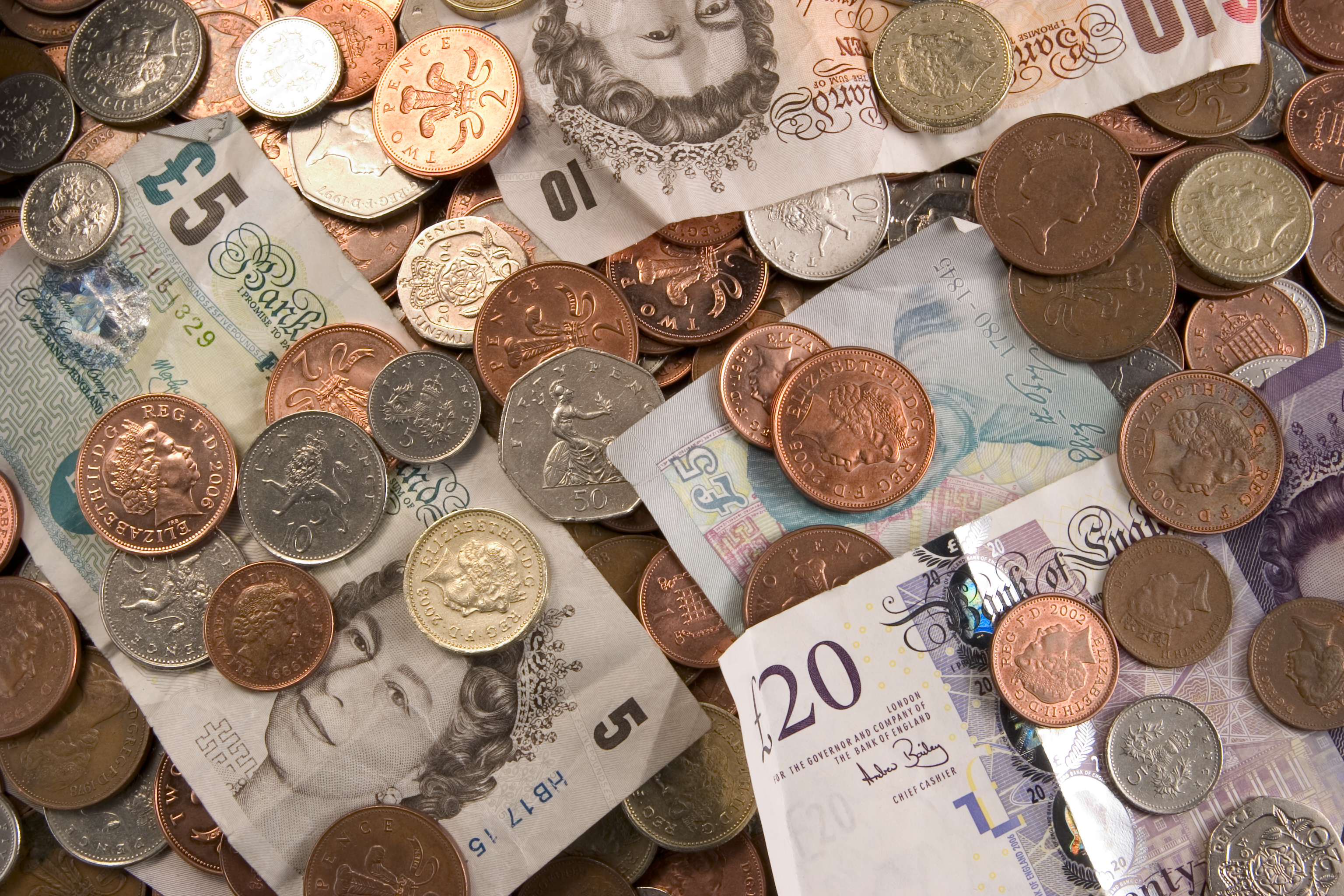
BRITONS are more reluctant than their European counterparts to move to a “cashless society”, a survey has found.
A third (34%) of Europeans would go cash-free if given the choice, according to the ING International Survey Mobile Banking 2017.
But people in the UK were the most reluctant to give up cash completely among the countries surveyed, with just one in five (21%) having the appetite to ditch notes and coins altogether.
A fifth (20%) of people surveyed in the UK said they rarely use cash, the research among 15,000 people across 15 countries found.
Across Europe, the study found a continuing decline in cash use, with more than half of people (54%) having used less cash in the past 12 months and 78% of this group expecting to use it even less over the next 12 months.
The survey found 30% of people in Germany and France would go cashless, as would 41% of people in Italy and 42% in Turkey – the country where the appetite for going cashless was strongest.
Nearly one in four (24%) people surveyed in Australia would go cashless, as would 38% in the United States.
ING senior economist Ian Bright said: “For many, cash is no longer king. The days of rushing to the ATM so you have enough money for the weekend are long gone. Card and even mobile phone payments are increasingly being seen as safe substitutes.
“Despite this, cash is not likely to die out soon. Four in five consumers say they have used cash in the last three days. Many would not want to go completely cashless and some prefer the privacy and physical sensation of cold hard cash.”
Here are the percentages of consumers in each country who would go completely cash-free, according to ING:
UK, 21%
Netherlands, 23%
Austria, 27%
Luxembourg, 28%
France, 30%
Germany, 30%
Belgium, 33%
Republic, 36%
Spain, 37%
Romania, 38%
Poland, 40%
Italy, 41%
Turkey, 42%
Australia, 24%
United States, 38%

Enjoy the convenience of having The Sunday Post delivered as a digital ePaper straight to your smartphone, tablet or computer.
Subscribe for only £5.49 a month and enjoy all the benefits of the printed paper as a digital replica.
Subscribe